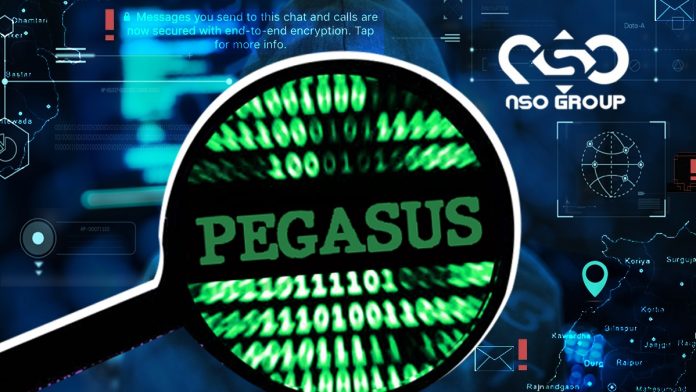Pegasus Case: North American Lawyers Highlight Inadmissibility of Amnesty International Citizen Lab Forbidden Stories ‘Pseudo-Evidence’

At a hearing before the CNDP (Commission nationale de contrôle de la protection des données à caractère personnel), the American lawyer at the New York bar, Tor Ekeland, claimed that the so-called evidence provided by the aforementioned organizations was “inadmissible” by a US federal court because it was based on “junk science.”
“The first thing a US court does in reviewing scientific evidence is to see if that evidence meets the principle of reproducibility,” he said. However, he noted, the Citizen Lab results are not reproducible in any way, which is in itself a “red flag”.
Moreover, he added, “the first thing I noticed in this case is the particularly vague and ambiguous nature of the conclusions of Amnesty International (…)”.
The report of the aforementioned organizations merely cites “traces” of an alleged Pegasus presence, without giving any explanation as to what these traces mean, Ekeland noted.
“What Amnesty and Citizen Lab are doing is, in my opinion, very dangerous, because they are promoting a kind of junk science and making accusations that they can’t back up (…),” he said.
New York-based Canadian lawyer Michael Hassard, who also specializes in computer science, explained that when scientific evidence is submitted for analysis, it can often be subject to “confirmation bias”.
“When fingerprints were first used in forensics, they were subject to this confirmation bias, and the same thing happened with hair analysis, dental records and even DNA analysis,” he recalled.
In this regard, he cited the book dealing with this issue and published by the lawyer of the American organization The Innocence Project, Chris Fabricant, entitled “Junk Science and the American Criminal Justice System”.
Scientific methods of analyzing evidence in cybersecurity and computer science are relatively new and far from foolproof, Hassard stressed.
The two lawyers concluded that it is important to establish ethical standards when it comes to methodologies in such cases.
Source: Aldar- LA MAP





